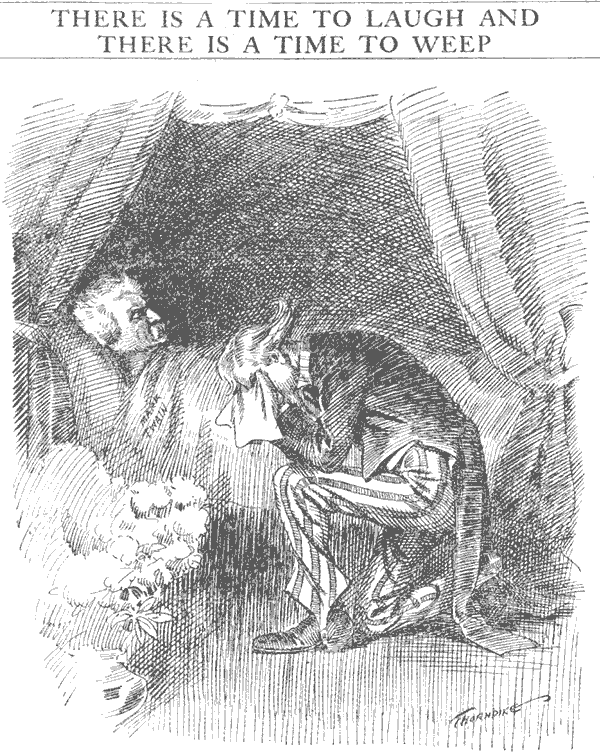Fourth District, Division 3 Splits On Liability Issue, But Decides No Fees.
In a first impression decision, involving a matter of last impression, a Fourth District, Division 3 panel split on whether a cemetery’s temporary interment of a stranger in a family plot adjacent to one’s parents may give rise to an emotional distress claim for plaintiff son where at least one family member has been interred in the adjacent family plots. The majority, in a 2-1 opinion authored by Justice Aronson, answered “yes,” while dissenting Acting Presiding Justice Bedsworth, who had a bone to pick, responded “no.” The case is Binns v. Westminster Memorial Park, Case No. G038365 (4th Dist., Div. 3 Feb. 26, 2009) (certified for publication). Given the split of opinion, someone was dead right, and someone was dead wrong. [Presumably, the ghosts lacked standing to assert a claim.]
However, the family plot thickened. Believe it or not, there was an attorney’s fees issue. The matter proceeded to trial, with a trial court awarding plaintiff $4,440 but denying his request for an attorney’s fees award. This determination was affirmed on appeal.
Plaintiff’s claim for fees rested (so to speak) under Civil Code section 1717 because the burial plot sales agreement contained a contractual fees provision. (The clause in the agreement between plaintiff’s mother and the cemetery read: “In the event it is necessary for seller to institute any legal proceedings for the enforcement of this agreement, or any of the terms and condition thereof, then purchaser agrees to pay the seller a reasonable sum as attorney’s fees hereof.”) The trial court determined that the thrust of plaintiff’s action was for emotional distress for negligence, not enforcement of the purchase agreement.
Getting to the marrow of the matter, the appellate panel determined that an uncovered tort claim was in essence involved. (Gil v. Mansano, 121 Cal.App.4th 739, 743-744 (2004); Stout v. Turney, 22 Cal.3d 718, 730 (1978).) The language in the plot purchase agreement tracked the wording of a fees clause in Loube v. Loube, 64 Cal.App.4th 421, 430 (1998), where an attorney retainer fees clause was held as not giving rise to a fees award where plaintiff’s claim sounded in tort rather than in contract. “Although plaintiff is correct that the duty defendant owed plaintiff here would not have arisen absent the plot purchase agreement, this fact alone does not mean that any action based on a breach of that duty becomes an action to enforce the agreement. Indeed, the special relationship between defendant and plaintiff giving rise to the legal duty breached did not arise when the contract was formed, but when defendant received and interred the remains of plaintiff’s mother.” (Slip Opn., at p. 14).

A grieving Uncle Sam mourns Mark Twain’s death. 1910.
